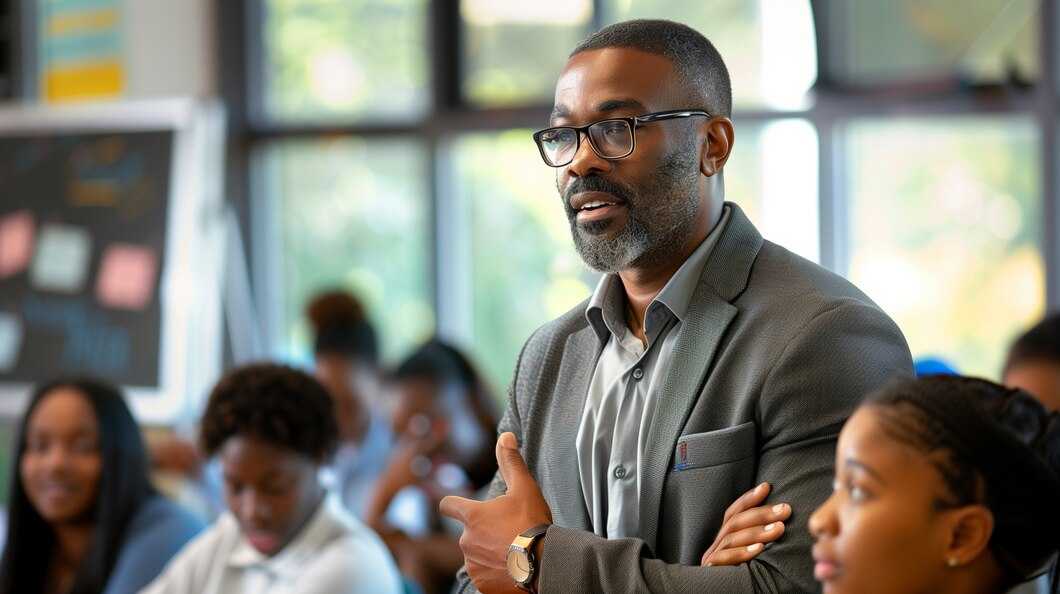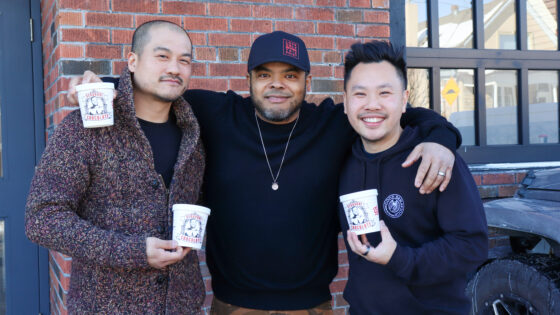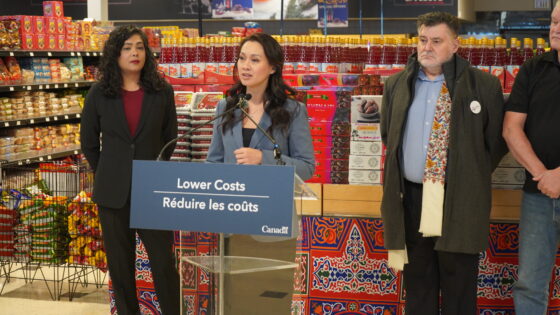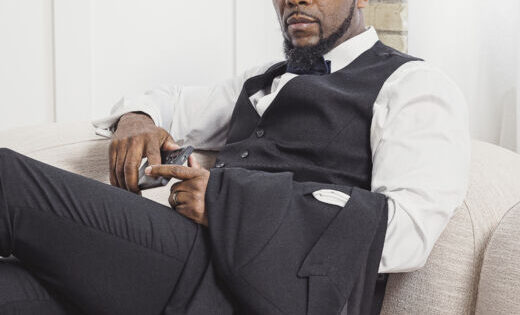on
BY PAUL JUNOR
On Thursday, August 26th, 2024, the Diversity Institute presented, “Critical Race Theory in Action,” at the Ted Rogers Centre of Management at Toronto Metropolitan University.
The Diversity Institute undertakes research to support the development of evidence-based policies and programs to promote diversity and inclusion. It engages researchers from around the world, and more than 50 community partners. It was founded in 1988 by Wendy Cukier, who currently serves as its academic director at the Ted Rogers School of Management at Toronto Metropolitan University. Diversity Institute’s core values are connected to social justice but rooted in the business case for diversity and inclusion.
The promotional brochure of the Diversity Institute states that it’s action-oriented, evidence-driven research and programming seeks to address barriers facing women and non-binary people; Indigenous peoples, Black and other racialized people; persons with disabilities; immigrants; and 2SLGBTQ+ and gender and sexually diverse people.
It presented the case that EDI is not just the right thing to do, it’s also good for business. When embedded in the workplace, it can help these businesses more effectively:
- Overcome the skills shortage
- Respond to increasingly diverse markets
- Boost innovation and creativity
- Increase employee satisfaction and reduce turnover
- Mitigate legal and reputational costs
- Generate higher financial returns
- Advance sustainability goals
There were several guest panelists featured in the session. They include the following:
Dr. Delores V. Mullings
Vice Provost Equity, Diversity and Inclusion and Anti-Racism (EDI-AR) at Memorial University of Newfoundland
Gayner Curry
Independent Expert Member of the United Nations Permanent Forum of People of African Descent based in Geneva, Switzerland
Tamara Thermitus
Human Rights, Racism and Race Relations, Gender and Women’s Rights Advocate, Chief Negotiator of the Truth and Reconciliation Commission-Canada, Senior Boulton Fellow -McGill Law, Lawyer and Merit of Quebec Bar at McGill University
Nancy Mitchell
Director of Research Special Projects at Diversity Institute
Dr. Mohamed Elmi
Professor at Toronto Metropolitan University
The Diversity highlighted four key takeaways from the presentation, which include:
- Effective, real representation is important. Individuals and advocates at the table must understand and fight to express the experiences of those before them; being included at the table is not enough.
- Racism, especially in academia, is not only outward and loud, but also the many actions that people show every day in all their interactions and that may go unnoticed by others.
- Voluntary initiatives like the #50-30 Challenge help to increase representation, but they are but one tool. Solutions are needed at the: individual, organizational and societal levels. This initiative aims to increase representation in leadership and/or boards to 50% for women and/or nonbinary people, and to 30% for other equity-deserving groups.
- Restorative racial justice is not a question of weighing a certain individual’s rights over another’s based on identity factors, but a concept we must hold steadfast in all that we do.
The event was held in collaboration with McGill University and Migrant Integration in the Mid-21st Century: Bridging Divides, which is dedicated to building a new understanding of the challenges that migrant integration poses to Canada (and all countries) locally and across borders. It was made possible through funding from the Social Sciences and Humanity Research Council (SSHRC) by way of its IIE-Net Partnership Grant Program.
There were many informative discussions, explorative dialogues, and perceptive points raised about: representation, decolonization, and intersectionality with respect to their importance in eradicating structural and institutional barriers and racism.
The important issue of Critical Race Theory will not go away. There are misunderstandings of what it really means and the mainstream media has not done a good job presenting it in a balanced way. Hopefully, there will be future conversations and discussions to enlighten the public, so that they have a better understanding of this important social justice tool.
Stay in the loop with exclusive news, stories, and insights—delivered straight to your inbox. No fluff, just real content that matters. Sign up today!
With a last name that means “Faithful and loyal,” it is no wonder that Paul Junor has become a welcomed addition to the Toronto Caribbean Newspaper Team. Since 1992, Paul has dedicated his life to become what you call a great teacher. Throughout the years, he has formed strong relationships with his students and continues to show them that he cares about them as people. Paul is a warm, accessible, enthusiastic and caring individual who not only makes himself available for his students, but for his community as well.













